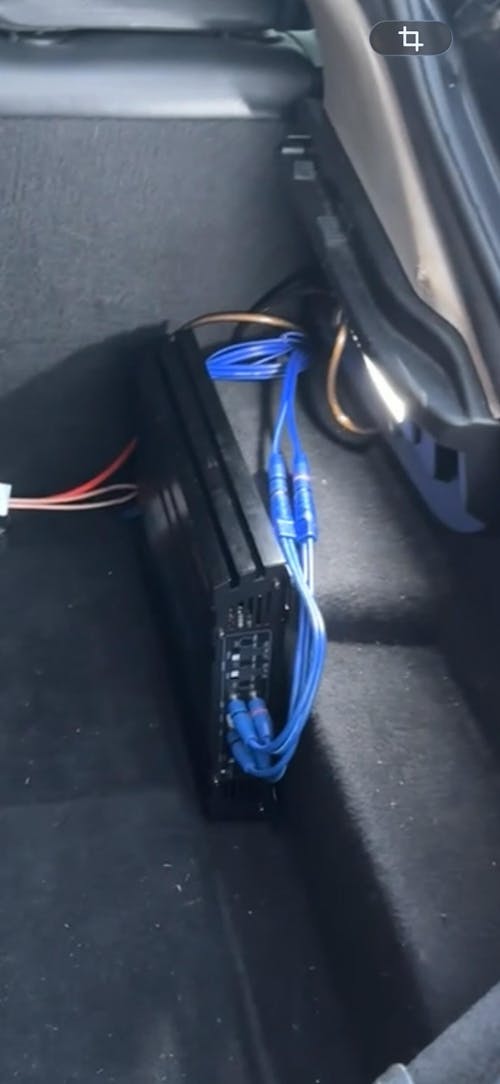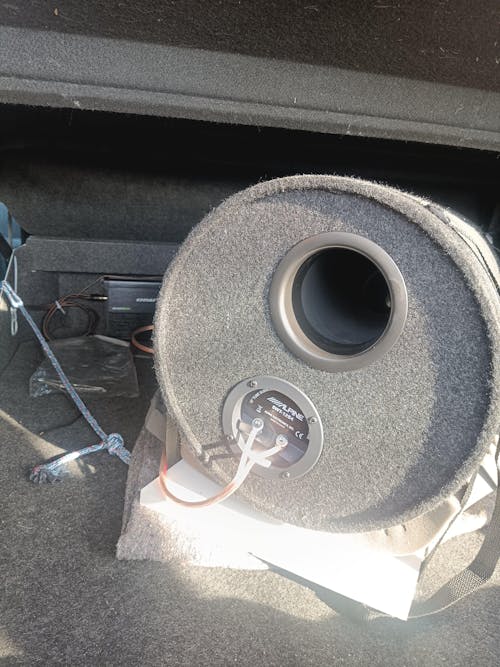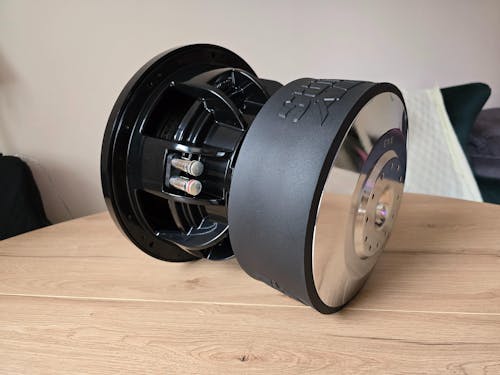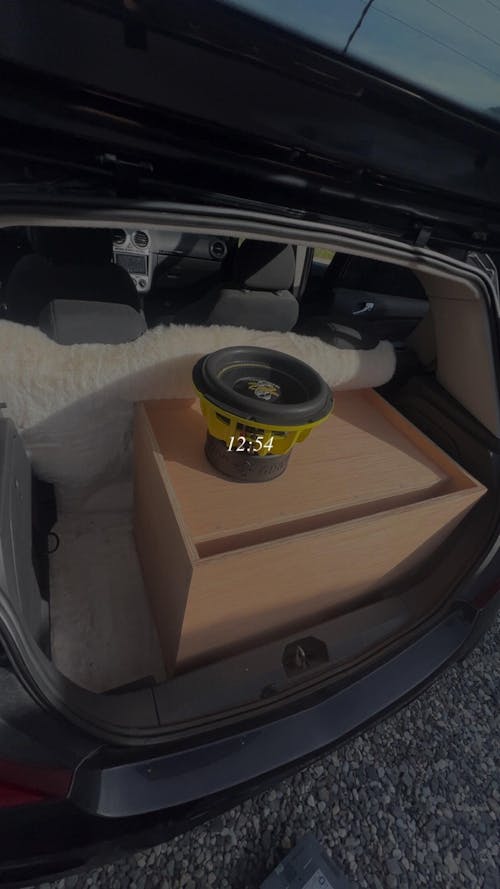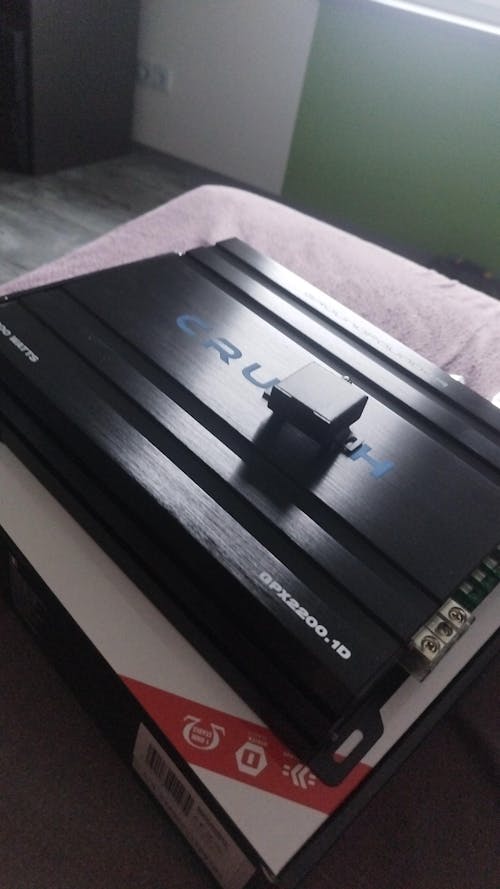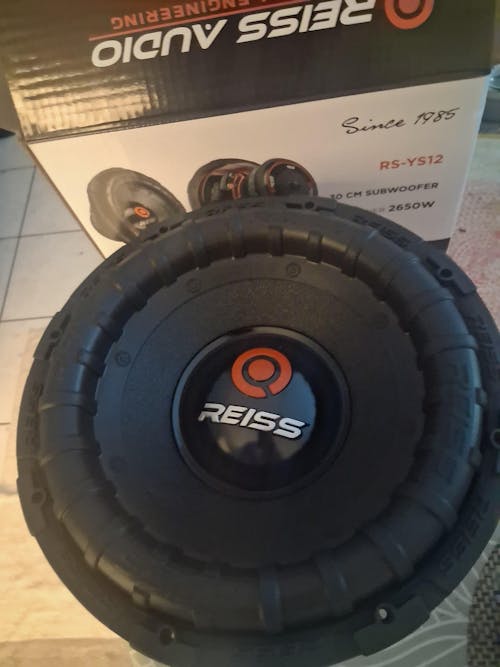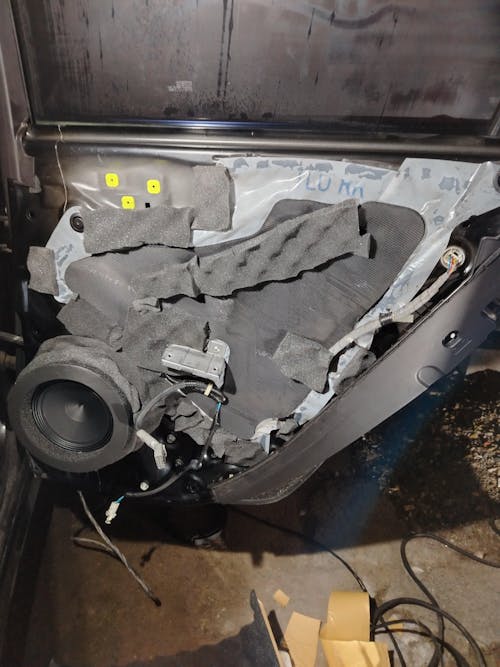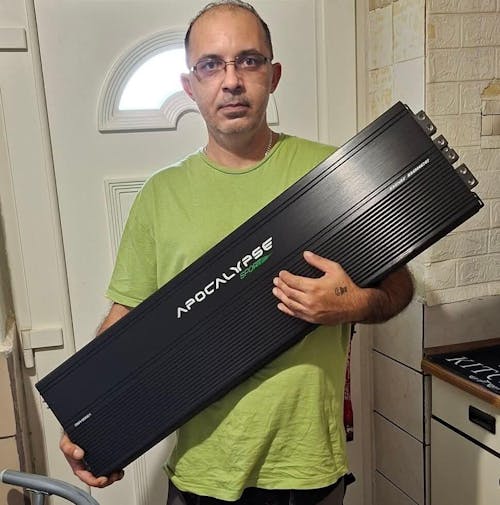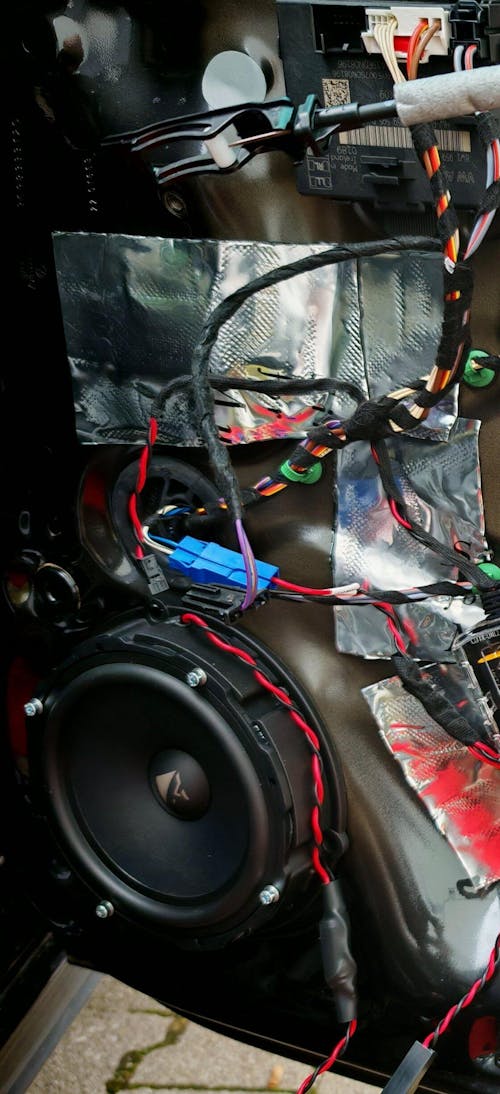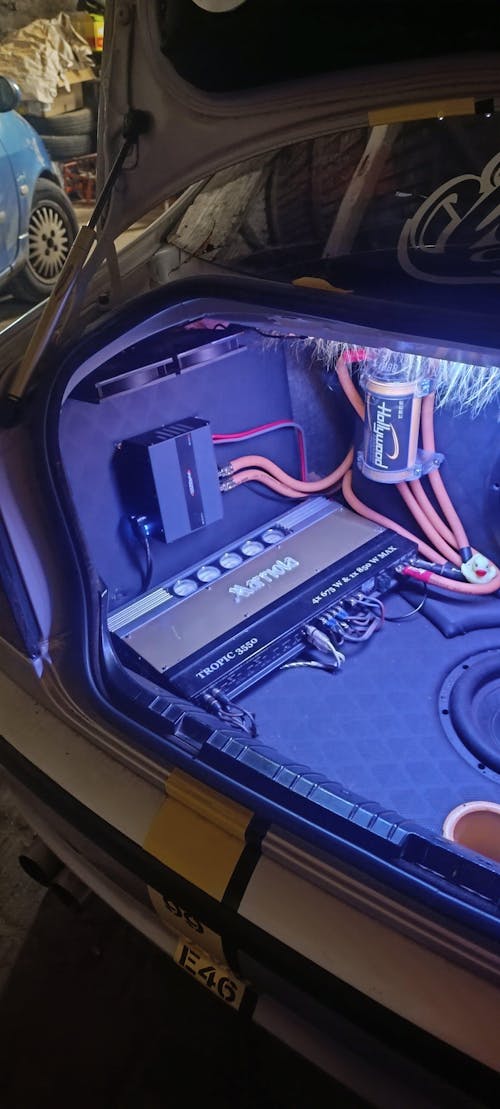-
-

 Normal price €119,00Normal price
Normal price €119,00Normal price€119,00Selling price €119,005% Rabatt mit VorkasseDelivery to HomeDec 15, - Dec 16, -

 Normal price €549,00Normal price
Normal price €549,00Normal price€549,00Selling price €549,005% Rabatt mit VorkasseDelivery to HomeDec 15, - Dec 16, -

 Normal price €199,00Normal price
Normal price €199,00Normal price€199,00Selling price €199,005% Rabatt mit VorkasseDelivery to HomeDec 15, - Dec 18, -

 Normal price €249,00Normal price
Normal price €249,00Normal price€249,00Selling price €249,005% Rabatt mit VorkasseDelivery to HomeDec 15, - Dec 16, -

 Normal price €115,00Normal price
Normal price €115,00Normal price€115,00Selling price €115,005% Rabatt mit VorkasseDelivery to HomeDec 19, - Dec 24, -
 Normal price €79,00Normal price
Normal price €79,00Normal price€79,00Selling price €79,005% Rabatt mit VorkasseDelivery to HomeDec 15, - Dec 18, -

 Normal price €39,00Normal price
Normal price €39,00Normal price€39,00Selling price €39,005% Rabatt mit VorkasseDelivery to HomeDec 15, - Dec 18,Kein Versand nach Germany -

 Normal price €5.999,00Normal price
Normal price €5.999,00Normal price€5.999,00Selling price €5.999,005% Rabatt mit VorkasseDelivery to HomeDec 17, - Dec 20, -
XMAS -30%

 Normal price €209,30Normal price
Normal price €209,30Normal price€299,00Selling price €209,305% Rabatt mit VorkasseDelivery to HomeDec 17, - Dec 18, -

 Normal price €199,00Normal price
Normal price €199,00Normal price€199,00Selling price €199,005% Rabatt mit VorkasseDelivery to HomeDec 15, - Dec 18, -
XMAS -30%

 Normal price €209,30Normal price
Normal price €209,30Normal price€299,00Selling price €209,305% Rabatt mit VorkasseDelivery to HomeDec 17, - Dec 18, -
XMAS -15%

 Normal price €24,65Normal price
Normal price €24,65Normal price€29,00Selling price €24,655% Rabatt mit VorkasseDelivery to HomeDec 15, - Dec 16, -
XMAS -30%

 Normal price €279,30Normal price
Normal price €279,30Normal price€399,00Selling price €279,305% Rabatt mit VorkasseDelivery to HomeDec 17, - Dec 18, -
XMAS -30%

 Normal price €279,30Normal price
Normal price €279,30Normal price€399,00Selling price €279,305% Rabatt mit VorkasseDelivery to HomeDec 17, - Dec 18, -
XMAS -30%
 Normal price €279,30Normal price
Normal price €279,30Normal price€399,00Selling price €279,305% Rabatt mit VorkasseDelivery to HomeDec 17, - Dec 18, -
XMAS -30%
-
XMAS -30%
 Normal price €52,50Normal price
Normal price €52,50Normal price€75,00Selling price €52,505% Rabatt mit VorkasseDelivery to HomeDec 17, - Dec 18, -
XMAS -30%

 Normal price From €181,30Normal price
Normal price From €181,30Normal price€259,00Selling price From €181,305% Rabatt mit VorkasseDelivery to HomeDec 15, - Dec 16, -
XMAS -30%
 Normal price From €181,30Normal price
Normal price From €181,30Normal price€259,00Selling price From €181,305% Rabatt mit VorkasseDelivery to HomeDec 17, - Dec 18, -
XMAS -30%
 Normal price €314,30Normal price
Normal price €314,30Normal price€449,00Selling price €314,305% Rabatt mit VorkasseDelivery to HomeDec 17, - Dec 18, -
XMAS -30%
 Normal price €279,30Normal price
Normal price €279,30Normal price€399,00Selling price €279,305% Rabatt mit VorkasseDelivery to HomeDec 17, - Dec 18, -
XMAS -30%
 Normal price €314,30Normal price
Normal price €314,30Normal price€449,00Selling price €314,305% Rabatt mit VorkasseDelivery to HomeDec 17, - Dec 18, -
Back again soonBack again soon
Wireless Bass Meter TE (3. Version)

 Normal price €314,30Normal price
Normal price €314,30Normal price€449,00Selling price €314,305% Rabatt mit Vorkasse -
Back again soonBack again soon

 Normal price €299,00Normal price
Normal price €299,00Normal price€299,00Selling price €299,005% Rabatt mit Vorkasse
Warum sind Messmikrofone für die Klangmessung im Auto so wichtig?
Warum sind Messmikrofone für die Klangmessung im Auto so wichtig?
Wie führt man eine Voltmetermessung im Auto durch?
Wie führt man eine Voltmetermessung im Auto durch?
Welche Rolle spielen SPL-Messgeräte in einem Carhifi-System?
Welche Rolle spielen SPL-Messgeräte in einem Carhifi-System?
Warum sind Audio-Analyse-Messgeräte wichtig für ein Carhifi-System?
Warum sind Audio-Analyse-Messgeräte wichtig für ein Carhifi-System?
Welche Vorteile bieten hochwertige Messinstrumente für Carhifi-Enthusiasten?
Welche Vorteile bieten hochwertige Messinstrumente für Carhifi-Enthusiasten?
Welche günstigen Messgeräte eignen sich für Anfänger?
Welche günstigen Messgeräte eignen sich für Anfänger?
Welche erweiterten Optionen bieten Messgeräte für fortgeschrittene Carhifi-Nutzer?
Welche erweiterten Optionen bieten Messgeräte für fortgeschrittene Carhifi-Nutzer?
Welche Funktionen sollten professionelle Messgeräte für Experten bieten?
Welche Funktionen sollten professionelle Messgeräte für Experten bieten?
Warum ist die Wahl zwischen analogen und digitalen Voltmetern entscheidend?
Warum ist die Wahl zwischen analogen und digitalen Voltmetern entscheidend?
Wie wichtig ist die richtige Anwendung und Installation von Messgeräten?
Wie wichtig ist die richtige Anwendung und Installation von Messgeräten?













































